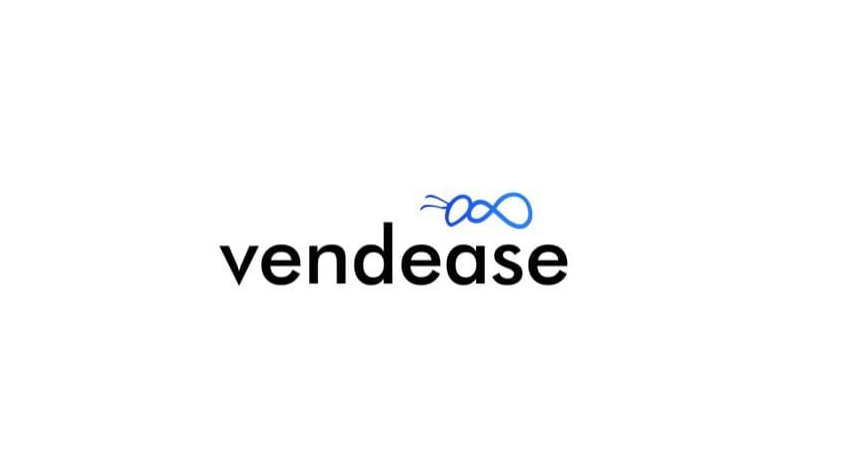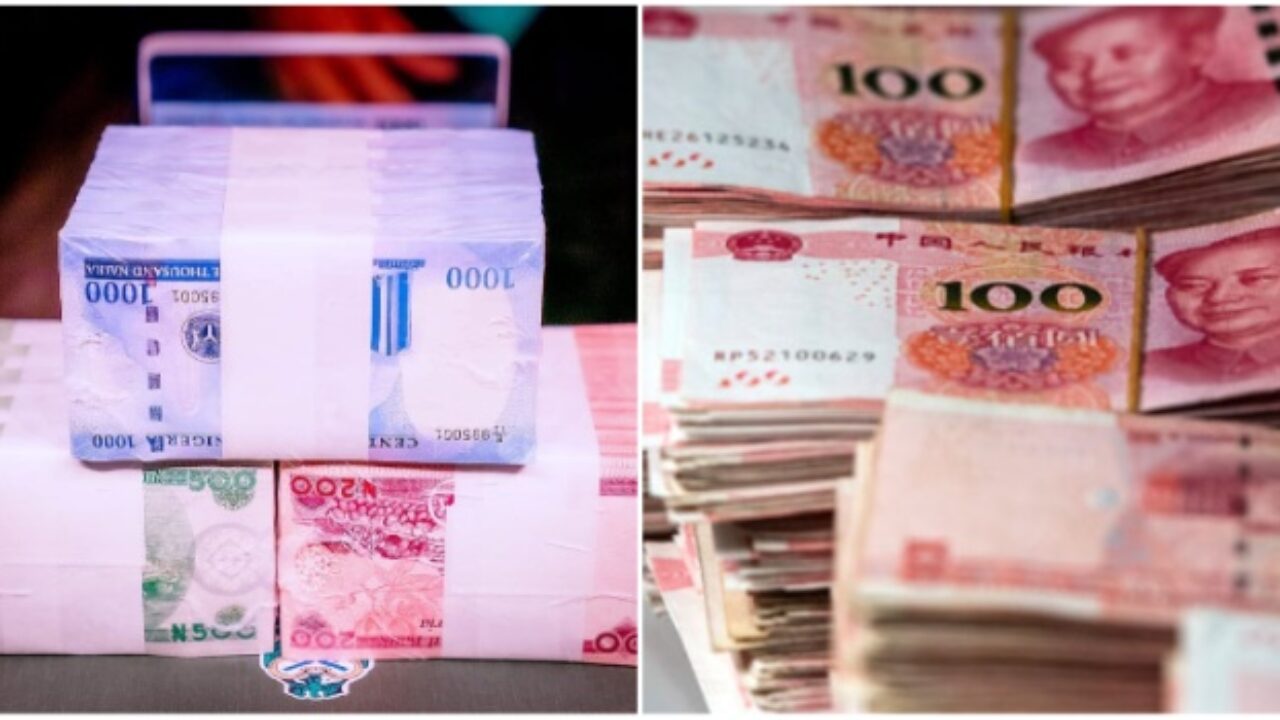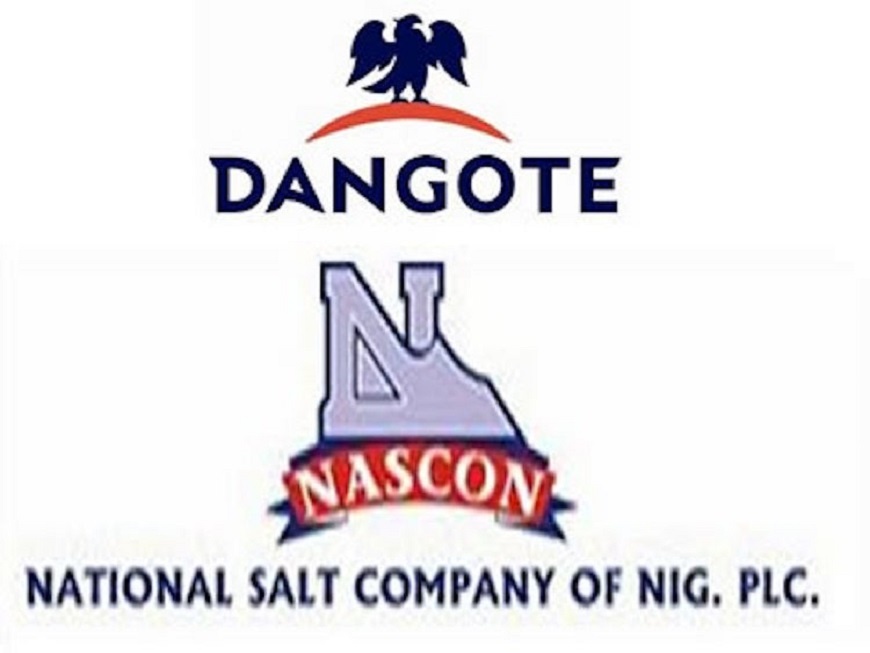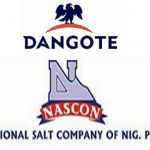Economy
Vendease Raises $30m to Aid Food Supply Chain

By Adedapo Adesanya
Vendease, a digital platform which allows African restaurants to buy supplies, access financial services and power their business operations, has raised $30 million in an equity and debt funding round.
The series A equity round of $20 million was co-led by TLcom and Partech in a rare joint investment by two of the biggest Africa-focused funds. Following their investments, Mr Andreata Muforo (Partner at TLcom) and Mr Cyril Collon (General Partner at Partech) will join Vendease’s board as new directors.
The equity round also included VentureSouq, Hustle fund, Hack VC, GFR Fund, Kube VC, Magic Fund and Kairos Angels, who re-invested after participating in the previous round.
Vendease also raised the $10 million debt round from the local finance market.
Commenting on the funding, Mr Tunde Kara, CEO and co-founder of Vendease, said the company would use the proceeds to consolidate its growth and operations in Nigeria and Ghana and to support its expansion across the continent.
“Our mission is to enable the efficient flow of food across Africa, from the point of production to consumption. We want to transform how the entire sector works and remove the bottlenecks that stunt the growth of restaurants and food businesses,” he added.
Launched in January 2020, Vendease’s digital procurement engine makes it easier for restaurants in 8 cities across Nigeria and Ghana to buy food supplies at considerably cheaper rates than open market prices, with guaranteed 12-hour delivery. Over the last 12 months, the company has moved more than 400,000 metric tonnes of food through its platform, helping its users save more than $2,000,000 in procurement costs and more than 10,000 man-hours. Its data has also helped them reduce wastage from overstocking by an additional $485,000.
The company said it has seen triple growth in the number of users on its platform and 5x in revenue over the last 12 months.
“Users have also accessed more than $12 million worth of inventory via its embedded finance product,” the company added.
For restaurant owners, they simply need to download the app, complete the registration process in a few clicks, and they will be able to access all the benefits of Vendease’s platform. They can also access working capital through Vendease’s Buy-Now-Pay-Later offering to maximise their growth opportunities.
Economy
Nigeria in Talks with China to Expand Yuan–Naira Swap Deal to $10bn

By Adedapo Adesanya
The federal government is in advanced talks with China to expand its existing Yuan–Naira currency swap to as much as $10 billion, a move aimed at easing pressure on the US dollar and narrowing the trade imbalance that heavily favours the Asian country.
The director general and Global Liaison for the Nigeria–China Strategic Partnership (NSCP), Mr Joseph Tegbe, said in Abuja that the government was seeking to renew and scale up the current $2.5 billion swap arrangement to allow businesses transact directly in yuan, reducing reliance on the dollar for bilateral trade.
According to him, the existing swap line, though initially underutilised, is being renewed and expanded, with proposals to increase it to $10 billion.
Mr Tegbe said Nigeria was also fast-tracking export protocols to take full advantage of China’s zero-tariff policy for African countries, set to take effect in May 2026.
“Products like hides, skins, cashew, and aquatic products such as crabs and shrimps, which are often exported informally, will now enter China legally under zero duty,” he stated.
The DG highlighted that beyond trade, Nigeria is pursuing equity-based partnerships with Chinese firms. Notable initiatives. These include China Harbour Engineering Company’s $1 billion investment in the Lekki Deep Sea Port and large-scale developmental projects in agriculture, steel, and poultry.
Nigerian businesses to transact directly in Yuan, avoiding the current need to convert Naira to dollars and then to Yuan, which places additional strain on dollar demand.
“We are in discussions with China to establish a truly workable Yuan–Naira swap arrangement. We already have about a $2.5 billion swap line, and although progress slowed toward the end of last year, we are now looking to renew and expand it.
“What this means for the economy is simple: a Nigerian business should be able to pay in naira into his local bank account here and receive Yuan in China directly to do his/her business. Currently, traders convert Naira to Dollars, and then Dollars to Yuan, which increases demand for the US Dollar.
“But someone trading with China does not need Dollars — they need Yuan. If transactions move directly between naira and yuan, it will significantly reduce pressure on the Dollar–Naira exchange rate,” he said.
He noted that for the swap to be effective, Nigeria’s foreign exchange reserves must be at a comfortable level, a goal being addressed by the Central Bank of Nigeria (CBN) as part of broader efforts to stabilise the currency and facilitate smoother bilateral trade.
“Our foreign exchange reserves must also be at a comfortable level for the swap to function effectively. Without sufficient reserves, the arrangement cannot deliver its full benefits. That is why we are strengthening our FX position and renewing the agreement.
“Businesses have told us the current threshold is insufficient, so we are working to increase it to the equivalent of $10 billion,” Mr Tegbe said.
Economy
Spike in Demand for Salt, Seasoning Products Raise NASCON Revenue by 27%

By Aduragbemi Omiyale
One of the leading salt refiners in Nigeria, Nascon Allied Industries Plc, a subsidiary of Dangote Group, has recorded a 27 per cent spike in revenue for the 2025 financial year.
The financial statements of the company disclosed that earnings stood at N152.7 billion compared with the N120.4 billion achieved in 2024, driven by a robust demand for its salt and seasoning products and improved production stability.
This helped the firm to raise its gross profit by 33 per cent to N73.9 billion from N55.5 billion, as the profit after tax went up by 115 per cent to N33.5 billion from N15.6 billion, and the earnings per share grew by 115 per cent at N12.41, inspiring the board to jack up the dividend payout by 200 per cent at N6.00.
“It is a privilege to present the audited results of Nascon Allied Industries Plc for the year ended December 31, 2025,” the Managing Director, Mr Aderemi Saka, said.
“This year’s performance stands as a testament to our collective resilience and strategic discipline in navigating a demanding macroeconomic environment.
“Our commitment to operational excellence delivered the strongest bottom-line performance in our company’s recent history.
“Revenue grew by 27 per cent to N152.7 billion, reinforced by a robust demand for our salt and seasoning products and improved production stability, while gross profit rose by 33 per cent to N73.9 billion.
“Profit After Tax surged by 115 per cent to N33.5 billion, and this exceptional earnings growth translated into a 115 per cent increase in Earnings Per Share, now at N12.41.
“Reflecting this solid performance, the board is pleased to propose a dividend of N6.00 per share, representing a 200 per cent increase,” he added.
Mr Saka attributed the success of last year to “the 72 per cent expansion of our asset base to N135.3 billion, enabled largely by our strategic investment in new Compressed Natural Gas (CNG) trucks.
“This transition serves a dual purpose: protecting our operations from the volatility of diesel prices while significantly reducing our carbon footprint.
“By strengthening our logistics capabilities, we have enhanced operational independence and secured greater supply chain control, deepening the sustainability of our business model.”
“We concluded the year with a strong liquidity position, as cash and cash equivalents rose by 69 per cent to N41.6 billion, supported by operating cash flows of N43.9 billion.
“This financial strength gives us the capacity to continue investing in technology, infrastructure, and operational efficiency initiatives that will reinforce our market leadership,” he further stated.
“As we look ahead, we remain focused on increasing our market presence, strengthening operational resilience, and executing the long-term strategic initiatives that support sustainable growth.
“With a solid balance sheet and a committed workforce, we are well-positioned to continue delivering value to our shareholders and all stakeholders.
“I extend my sincere appreciation to our shareholders, customers, and employees for their unwavering support. As we move forward, I am optimistic about carrying this momentum into 2026 and beyond,” the MD disclosed.
Economy
Tinubu Picks Taiwo Oyedele as Minister of State for Finance

By Adedapo Adesanya
President Tinubu has nominated Mr Taiwo Oyedele as the new Minister of State for Finance, taking over the position from Mrs Doris Uzoka-Anite.
In a statement on Tuesday, it was announced that Mrs Uzoka-Anite will now move to the Ministry of Budget and National Planning as the Minister of State, marking her third portfolio in the administration, after she was earlier stripped of the role of Minister of Trade, Industry, and Investment and replaced by Mrs Jumoke Oduwole.
President Tinubu conveyed Mr Oyedele’s nomination to the Senate for confirmation in a letter to the Senate President, Mr Godswill Akpabio, on Tuesday.
Until his nomination, Mr Oyedele, from Ikaram, Akoko, Ondo State, served as the Chairman of the Presidential Committee on Fiscal Policy and Tax Reforms, which overhauled Nigeria’s tax system.
The 50-year-old PricewaterhouseCoopers (PwC) alumnus is an economist, accountant, and public policy expert.
He attended Yaba College of Technology, where he obtained a Higher National Diploma (HND) in Accountancy and Finance. He also attended Oxford Brookes University, earning a BSc in Applied Accounting.
He has completed executive education programs at the London School of Economics, Yale University, the Gordon Institute of Business Science, and the Harvard Kennedy School.
Mr Oyedele spent 22 years of his working career at PwC, joining in 2001 and rising to become Fiscal Policy Partner and Africa Tax Leader.
He is also a professor at Babcock University in Ogun State and a visiting scholar at the Lagos Business School (LBS).
-

 Feature/OPED6 years ago
Feature/OPED6 years agoDavos was Different this year
-
Travel/Tourism10 years ago
Lagos Seals Western Lodge Hotel In Ikorodu
-

 Showbiz3 years ago
Showbiz3 years agoEstranged Lover Releases Videos of Empress Njamah Bathing
-

 Banking8 years ago
Banking8 years agoSort Codes of GTBank Branches in Nigeria
-

 Economy3 years ago
Economy3 years agoSubsidy Removal: CNG at N130 Per Litre Cheaper Than Petrol—IPMAN
-

 Banking3 years ago
Banking3 years agoSort Codes of UBA Branches in Nigeria
-

 Banking3 years ago
Banking3 years agoFirst Bank Announces Planned Downtime
-

 Sports3 years ago
Sports3 years agoHighest Paid Nigerian Footballer – How Much Do Nigerian Footballers Earn

















